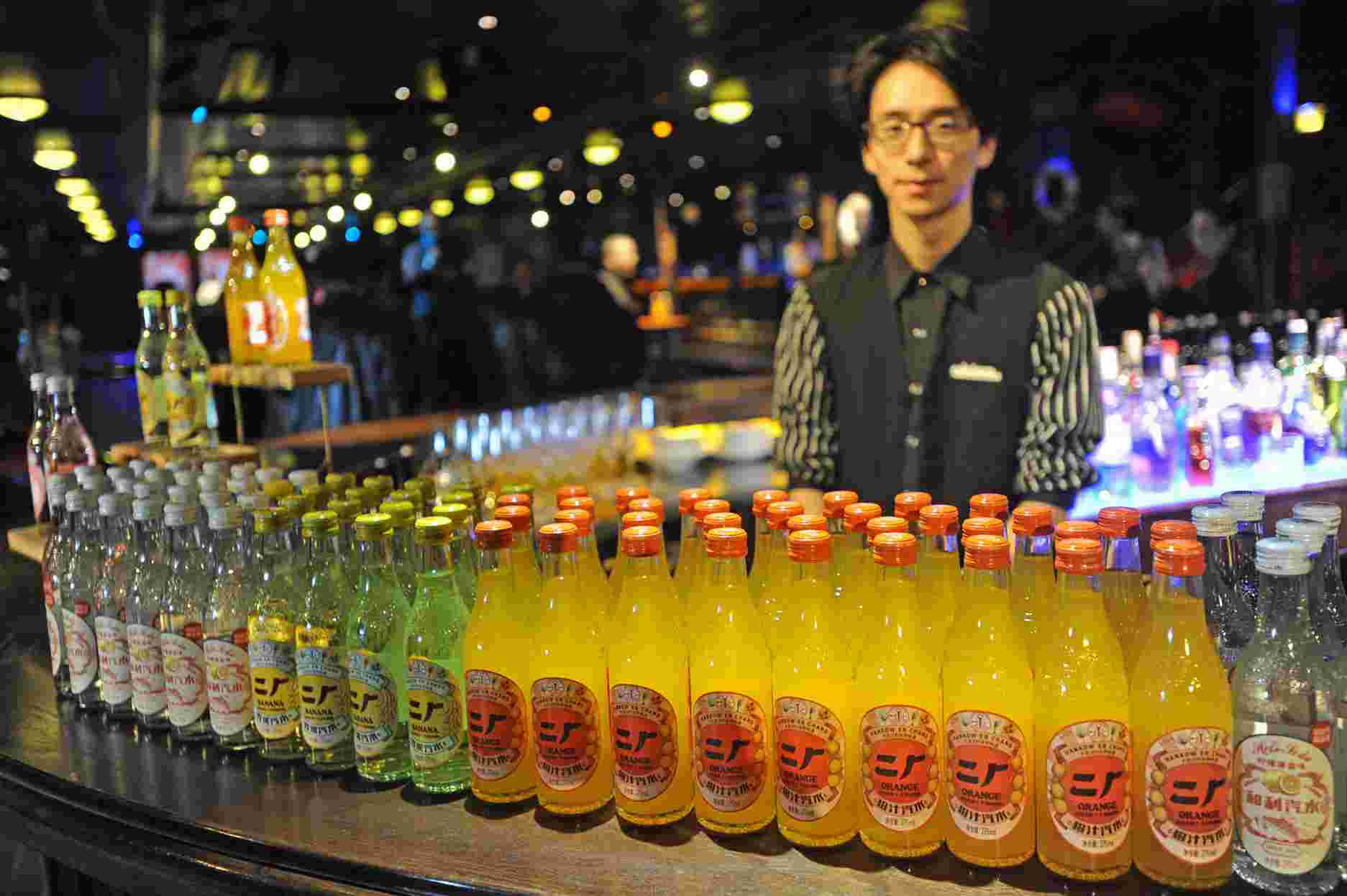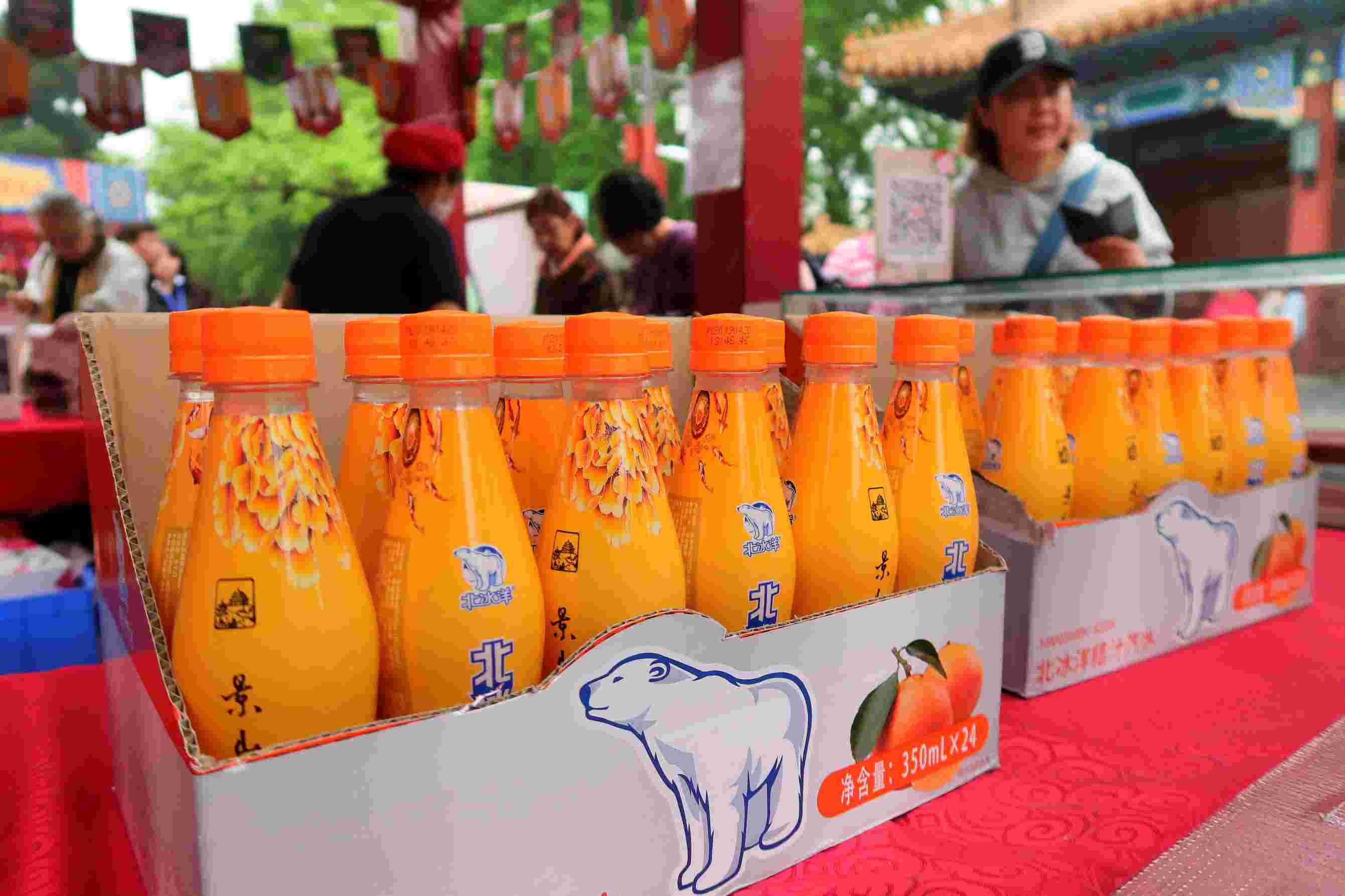In 2018, a new soda brand called Hankow Er Chang emerged in the market by firstly becoming popular on the internet.
Er Chang, which means the second factory, was an original, state-run soda brand from Hankou in Wuhan, Hubei Province. It was very popular three decades ago as an icon of Wuhan's lifestyle but closed in 2000 due partially to the entrance of Coca-Cola and Pepsi.

However, Hankow Er Chang is now hitting the market again with an ambitious new brand aimed at boosting the Chinese soda market with aggressive marketing strategies.
Seizing the opportunity offered by new media platforms, Hankow Er Chang partners with various official WeChat accounts in fashion, food and music. In a word, its strategy is to position itself as a part of a young lifestyle.
"In fact, sometimes the brand is an endorsement for consumers. From the perspective of consumers, we turn the ideas of consumers into reality, and resonate with them. Then it can attract consumers to spontaneously introduce the product to others," said Liu Jun from Hankow Er Chang.
Besides the classic orange and lychee flavors, the company also has creative flavors like salted pineapple, sour plum, passionfruit with lactobacillus, and peach with cherry blossom.
Eye on healthier consumption demands
Arctic Ocean Company's tangerine and orange-flavored sodas with an iconic polar bear logo are found at restaurants around Beijing, thanks to the company's determination and efforts to revive the traditional brand.
The predecessor of Arctic Ocean was an ice-making factory built in 1936. The factory started producing its own soft drinks in 1951, but stopped after forming a joint venture with Coca-Cola and Pepsi in the 1990s.

After retrieving the brand in 2007 and promising not to produce any products that would compete with Pepsi, the company, in 2011, increased output and introduced other fruity blends, such as loquat, plum and sugar-free orange soda into the market. Besides glass bottle drinks, drinks in ring-pull cans were also produced to attract younger customers.
"Taste is the soul of soft drink, but the taste will change with times. As Chinese people get richer, consumers are more prone to healthy drinks," Xing Huiming, Party chief of Beijing Yiqing Food Group Co., Ltd., the parent company of Arctic Ocean, said.
Arctic Ocean started exploring markets outside Beijing since 2017. Currently, it has built 180 dealerships in cities across China and sold its products to 12 countries such as the United States, Australia and France.
"Old brands should catch up with the times and keep innovating," Xing said. "Arctic Ocean's comeback was not only driven by Beijingers' nostalgia but also by innovation."
At present, the per capita consumption of carbonated beverages in China is only 10 percent of that in the United Kingdom. Even compared to Japan, which shares similar dietary habits, China's per capita consumption is relatively low, only 25 percent of that in Japan.
(With input from Xinhua)